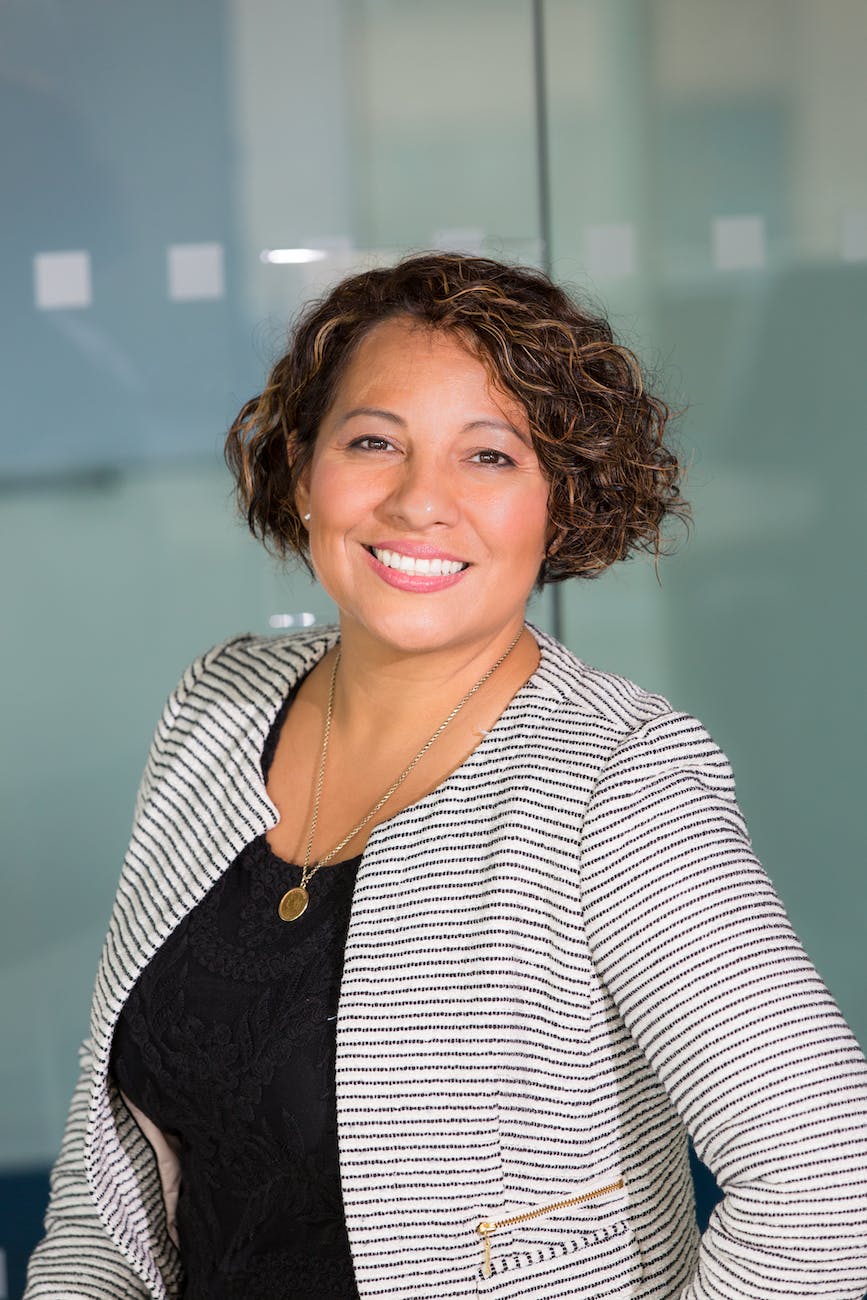After the ascension of Jesus Christ and the replacement of Judas Iscariot, the next major event that took place in the lives of the disciples of Jesus is the arrival of the Holy Spirit. This great event took place on the day of Pentecost. The day of Pentecost was celebrated on the 50th day after the Passover. This Jewish Festival attracted Jews from all over the world to visit Jerusalem. This is how the Holy Spirit’s arrival came about: “When the day of Pentecost came, they [the disciples] were all together in one place. Suddenly a sound like the blowing of a violent wind came from heaven and filled the whole house where they were sitting. They saw what seemed to be tongues of fire that separated and came to rest on each of them. All of them were filled with the Holy Spirit and began to speak in other tongues as the Spirit enabled them.” (Acts 2:1-4). This miraculous sign attracted the people in the city. The people from all over the world were amazed to hear the disciples declaring the wonders of God in their own languages. Utterly amazed, they asked: “Aren’t all these who are speaking Galileans? Then how is it that each of us hears them in our native language? Parthians, Medes and Elamites; residents of Mesopotamia, Judea and Cappadocia, Pontus and Asia, Phrygia and Pamphylia, Egypt and the parts of Libya near Cyrene; visitors from Rome (both Jews and converts to Judaism); Cretans and Arabs—we hear them declaring the wonders of God in our own tongues!” (Acts 2:7-11).
Peter replied, “Repent and be baptized, every one of you, in the name of Jesus Christ for the forgiveness of your sins. And you will receive the gift of the Holy Spirit. (Acts 2:38)
This incident made room for the first public crusade that took place after the ascension of Jesus. Taking Hold of the opportunity, Peter presented to the people the message of the gospel. He gave them a detailed overview of the Messianic and how these were fulfilled in Jesus. Peter made it clear to the people that salvation can only be found in the name of Jesus and everyone who calls on the name of the Lord will be saved (Acts 2:21). Peter elaborated on how the death of Jesus was God’s plan for atonement. The people were shocked by the words from Peter. About 50 days ago, this same Peter was afraid to even be seen as associating with Jesus. However, at this crusade, Peter spoke with all boldness defending the faith in Jesus and inviting others to believe. When the people heard this, they were cut to the heart and said to Peter and the other apostles, “Brothers, what shall we do?” (Acts 2:37). The crowd demonstrated the most appropriate response to the gospel menage. Peter’s response was this: “Repent and be baptized, every one of you, in the name of Jesus Christ for the forgiveness of your sins. And you will receive the gift of the Holy Spirit. The promise is for you and your children and for all who are far off—for all whom the Lord our God will call.” (Acts 2:38-39).
The people heeded to Peter’s advice for repentance. They accepted Jesus as God’s Messiah and came to accept that in order to flee from God’s wrath, the answer is Jesus. On that same day, those who accepted his message were baptized, and about three thousand were added to their number that day (Acts 2:41). When people hear the message of the gospel, their feedback can be that of acceptance or rejection. Those who accept the message of the gospel undergo repentance: showing sincere regret or remorse for their actions. After a person accepts Jesus as their Lord and Saviour and repents from their sins, the next major event is water baptism. Water baptism is significant as it indicates our acts of obedience to the Lord in putting our trust in Him. Water baptism also shows our outward transformation, our immersion in the water symbolizes our death with Christ and when we come out of the water, it symbolizes our newness in Christ. Therefore, the three thousand people who were baptized on the day of Pentecost, demonstrated their commitment to the Lord Jesus. As ambassadors of Christ on earth, we should also preach the message of repentance and encourage baptism for those who demonstrate their faith in the Lord.
To rescue those who are perishing and bring them to the saving knowledge of Christ, we should preach Christ. Our message should be followed by a call unto repentance. Then we should continue with the need for baptism for the new converts.







